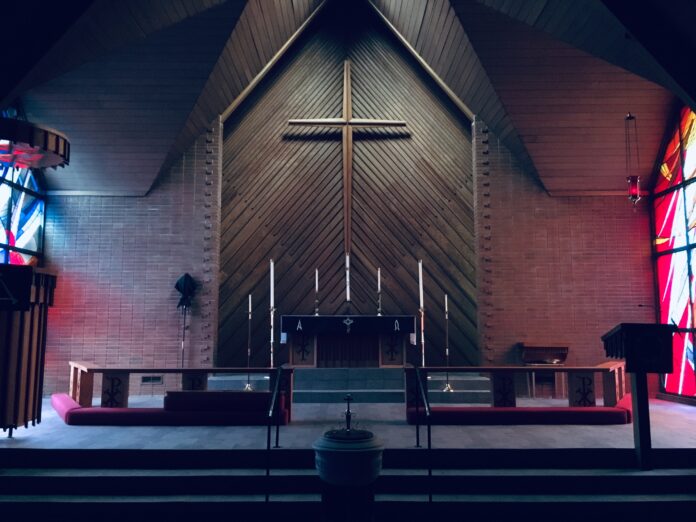U.S. public health officials have reported that Black communities are disproportionately affected by the COVID-19 pandemic, with higher infection and mortality rates than the general population. These disparities relate to the prevalence of underlying chronic diseases, and social and economic inequality, according to Mayo experts. Now as the number of COVID-19 cases across the U.S. surge, Mayo Clinic researchers are working closely with Black churches on disparities in emergency preparedness and providing access to culturally relevant, evidence-based health information. The early results of this research were published Thursday, Dec. 10, in Preventing Chronic Disease, the Centers for Disease Control and Prevention’s (CDC) public health journal.
More than 100 of these Black churches in Rochester and the Twin Cities are active in the FAITH! program (Fostering African-American Improvement in Total Health), which LaPrincess Brewer, M.D., has led at Mayo Clinic since 2012. Dr. Brewer is a cardiologist and health disparities researcher and is first author on the paper.
FAITH! is an academic-community partnership focused on tackling health disparities, particularly related to cardiovascular disease within Black communities. When the pandemic began to threaten these communities in early 2020, Dr. Brewer and her FAITH! partners quickly pivoted to focus their work on the pandemic and position Black churches as strongholds of COVID-19 information and preparedness.
“Black churches have long been more than places of worship to their communities,” says Dr. Brewer. “They serve as strongholds for disseminating trusted information, including health information, in their communities.”
The paper in Preventing Chronic Disease details these efforts. The researchers used the CDC Crisis and Emergency Risk Communication framework, a strategy previously tested in another recent Mayo COVID-19 community-based research study.
The research began with an emergency resource needs assessment. Needs identified were financial support, food and utilities, and COVID-19 health information. Nearly all respondents ― 97% ― expressed the desire to receive COVID-19 health information through their FAITH! partnership via email and social media.
The researchers then distributed emergency preparedness manuals and American Red Cross emergency preparedness starter kits to each participating church and helped them establish COVID-19 emergency preparedness teams to serve their congregations. They also trained a pair of communication leaders who were already trusted messengers within the community to deliver culturally relevant, evidence-based messages according to each church’s emergency resource needs.
Feedback on program feasibility and acceptability was overwhelmingly positive from church and communication leaders.
“Because the congregants know that the FAITH project is tailored toward the African American community, one of the things is it’s reliable. It’s believed to be reliable and trustworthy, so that’s the primary thing,” says one of the participating church leaders whose name was redacted in the study.
The researchers hope the community-based approach outlined in their paper can help others plan and implement effective campaigns and initiatives related to COVID-19 or other pressing health concerns among high-risk populations
Researchers involved in this study were LaPrincess Brewer, M.D., first author, and Chyke Doubeni, M.B.B.S., senior author and director of the Mayo Clinic Center for Health Equity and Community Engagement in Research. Also involved were a team of Mayo Clinic staff members and FAITH! community partners.
This research was supported by Clinical and Translational Science Award grant No. UL1 TR000135 from the National Center for Advancing Translational Sciences to Mayo Clinic, Mayo Clinic’s Center for Health Equity and Community Engagement in Research, and the Association of Black Cardiologists Inc.
Story Credit: [email protected]/Newswise
Photo Credit: Joshua Eckstein/Unsplash



































